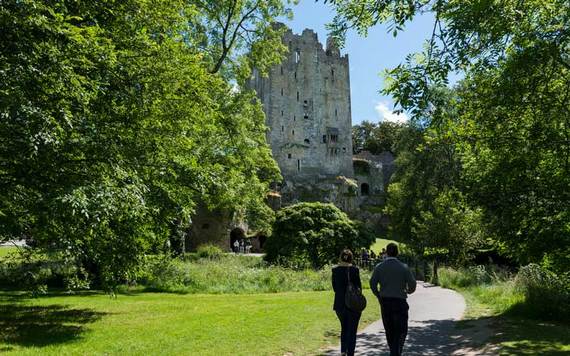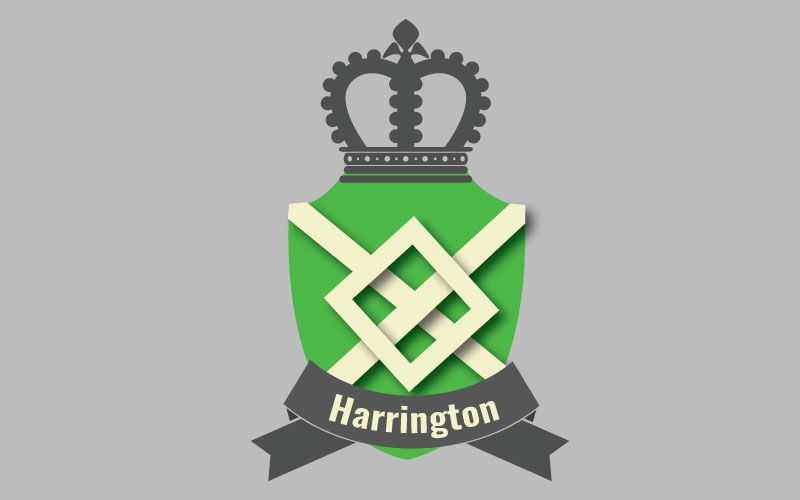Have some time on your hands? This is the perfect time to finally research your Irish roots.
Will you join the likes of Obama, Oprah Winfrey, Chuck Norris, Johnny Depp, Mohammed Ali, Alicia Keys, Robert de Niro, and Sofia Coppola in discovering to your surprise that you have strong Irish roots, or are your links to the Emerald Isle tenuous at best?
Here are some of the best ways to find out for certain if you’re Irish to the core or have about as much Irish heritage as the Queen of England.
Speak with family and friends
It may seem obvious but the best place to start in attempting to trace your family’s roots and discover your Irish heritage is to talk to the people who share the same DNA.
Many of us don’t take enough time to talk to older generations of our family and their friends about what previous knowledge they have of our ancestors’ journey. You may be surprised at how much new information you learn if you take the time to properly interview family members about what they know.
They may have small pieces of information they picked up when they were younger that they’ve never mentioned before, which will open many doors in your quest. All you have to do is ask.
Register with an online research resource
Once you have your basic information from your family, taking advantage of the many online services available to further your research is a great next step.
Irish government-sponsored IrishGenealogy.ie is a good place to look for official records while ancestry.com will also allow you to search their records for mentions of your family and build up your family tree as you discover more.
With Ancestry.com, for example, you can input the family members you already know about into your family tree and search through their databases to find them. Some family members will be offered up to you with a leaf symbol meaning that the site has some interesting information on them or has names linked to them that could widen your search. The site costs between $19.99 and $44.99 monthly to use.
In January 2017, the Irish Department of Arts, Heritage, Regional, Rural and Gaeltacht Affairs, launched 2016 Family History, a free website aimed at helping people discover more about their family. The site will walk you through all the different kinds of records completely free of charge.
Look into other online free resources
Birth certificates, civil registrations, marriage certificates, death certificates, and indexes are the best resources to look at when trying to trace back generation after generation. There are some online resources such as the 1901 and 1911 Census for Ireland and Griffith’s Valuation that are completely available online and provide a wealth of information on many Irish families.
There are also groups such as the Ireland Family History Group on Facebook which hold regular Q&As with experts on the best ways to discover more about your ancestry.
DNA test
This is probably the easiest way to get a quick answer on whether or not you’re Irish. If it’s not in your DNA, unfortunately, you can’t claim Irish heritage. There are several places that offer up the DNA test, breaking down the different nationalities wrapped up in your DNA by percentage.
Travel to Ireland

It’s foolish to think that you can travel to Ireland with little information and join all the dots but if you know the basics, like where you’re family are said to have come from and their names and surnames, traveling to the source is a great way to finally fill in the missing pieces.
There are genealogy centers based all over the country for this very reason with varying levels of resources to help you find some answers. From MC Research in Co. Louth to the South Mayo Family Research Center, local records are just waiting to be searched.
There are also more national resources such as the National Library, National Archives, General Register Office, the Public Record Office of Northern Ireland, the General Register of Northern Ireland, the Ulster Historical Foundation, and the Military Archives which are more than worth a visit.
* This article was originally published in 2021, updated in Sept 2024.




Comments